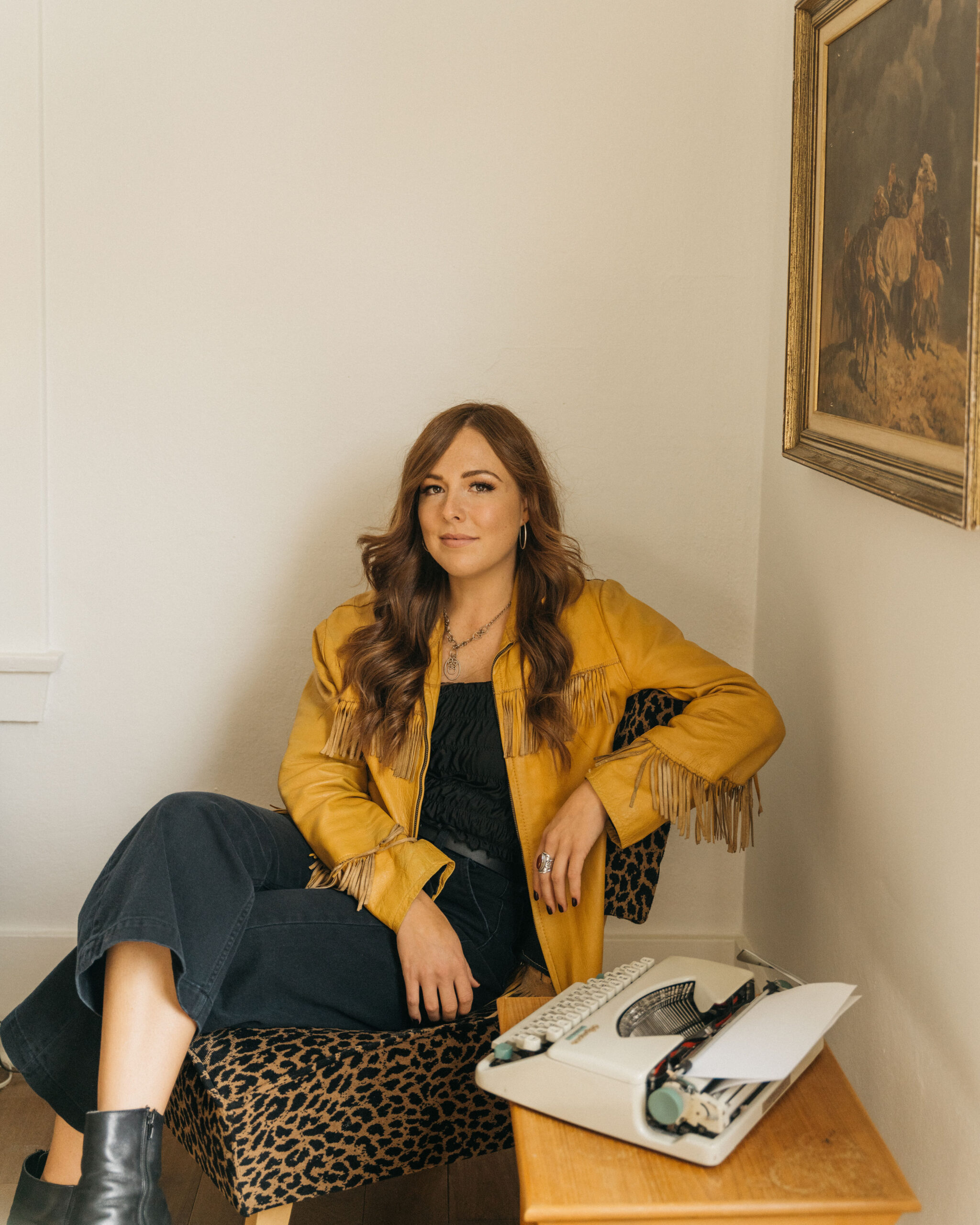Following in the footsteps of Season 1 winner, Toddy, Weebee’s win is putting Vancouver drag on the map
On December 21—the Call Me Mother Season 2 finale day—Vancouver drag queen Weebee went offline.
After spending a month on set competing in Canada’s feel-good, mentorship-oriented answer to RuPaul’s Drag Race, she knew she had made it to the reality show’s final four. But she didn’t know who would win. Nobody did.
So she kept her phone off—no spoilers—wanting to hear the results live with the rest of her friends, family and fans packed into Kitsilano’s Glitch bar for the last weekly viewing party.
“The votes are in,” show host Dallas Dixon announced, the bar holding its collective breath.
Even Weebee, dressed in full-glam leather with chartreuse hair horns, was quiet with anticipation—a rare moment of silence for the high-energy queen known to colour her drag with a dash of chaos.
“The winner of Call Me Mother and the new First Child of Drag is… Weebee!”
As the bar erupted in jubilant cheers and happy tears, Weebee stood stunned, mouth agape in disbelief.
“As queer people, we so seldom get to feel such a raw, authentic pride in self, or we’re told that we’re not allowed to. Being able to celebrate and to be celebrated in that way felt so healing. Just so incredible and surreal,” she says over the phone, three weeks after her Call Me Mother victory.
The win was a massive step for Weebee, a self-identified “quaranqueen” who got her start on social media during pandemic lockdowns, having only performed in-person three times when Vancouver’s COVID-19 restrictions briefly loosened in summer 2021.
“The first time I ever put on drag and felt the Weebee fantasy, everything clicked. It was just this culmination of all facets of my creativity being poured into one sink that finally made sense,” she says.
Call Me Mother gave Weebee an opportunity to put her musical theatre and storytelling-inspired art on display for the world to see. And, as a recent queen, the show’s unique model helped build her confidence and finetune her craft all the way to the crown. The show focuses on coaching from three iconic drag mothers, opening the door to quality feedback for emerging drag performers.
Weebee’s victory marks the second time that the Call Me Mother winner has come from Vancouver. She follows in the footsteps of local season one winner, Toddy—a shape-shifting, gender non-conforming artist known for combining unexpected mediums, from opera to comedy.
“I’m really stoked for Weebee. Through the show, we’re putting Vancouver drag on the map,” says Toddy in a phone interview with Loose Lips in early January. “We oftentimes go overlooked, but drag in Vancouver is one of the most thriving artistic ecosystems.”
As far as drag culture goes, Toddy’s win is notable. Contrary to many other drag shows that focus almost exclusively on femme-presenting queens, Call Me Mother has a much more all-encompassing definition of drag—one that includes artists of all genders.
“It’s frustrating that other shows don’t show diversity in drag, because if you look at any local scene, drag kings, things and monsters are thriving,” they say.
In Vancouver, Toddy says, diverse artists are not only celebrated, but paid properly and given space at venues such as Eastside Studios—one of the city’s top clubs for alternative drag.
“We need more shows like Call Me Mother that are mainstreaming all versions of drag,” Weebee says.
According to Weebee, it can be difficult for underrepresented drag artists to feel seen and validated without mainstream representation, or to get booked and take up the space they deserve on stage.
“I never imagined that I could do this as a full-time career because I’ve never seen it happen in the way that I did it,” says Toddy. “I was very happy to be the first, only because now there can be many many more.”
Since winning the show, Toddy is paving the way for drag things across artforms. They scored a record deal, performed as a vocal soloist with the Vancouver Symphony Orchestra, all while touring and working as a stand-up comedy teacher. They’re also producing a Just for Laughs show and running Vancouver’s first-ever lesbian festival this summer.
Weebee, too, has big things ahead. As an educator by day, she’s particularly keen on bringing drag to schools, showing kids the importance of accepting all forms of expression.
But before launching into all that’s next on her trajectory to stardom, she’s taking a moment to revel in the glow of her Call Me Mother experience, transmuting the shock she felt at Glitch into the joy of her new reality.
“We all have childhood dreams—these aspirations of your inner child that we’re all trained to just push down, ignore or discredit. But being on set for that month, focusing solely on my art and being surrounded by talented queer individuals that care so deeply about this artform was nothing short of living out my childhood dreams,” says Weebee.
“It really felt like this was the dream shit.”
Watch Call Me Mother on OutTV and follow Weebee and Toddy on Instagram to grab tickets to their upcoming shows.




